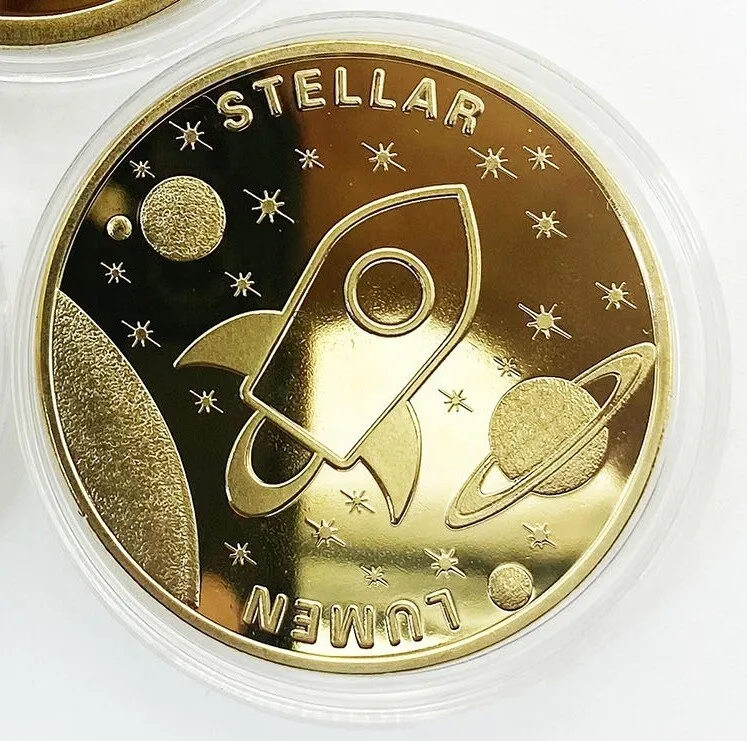Converting Bitcoin (BTC) to Ethereum Wrapped (ETHW): A Beginner’s Guide
Welcome to the dynamic realm of cryptocurrency, where terms like Bitcoin, Ethereum, and “wrapped tokens” can sometimes feel overwhelming. As a crypto exchange’s proud owner, I have always aimed to simplify this world for newcomers. So, if you’re curious about converting Bitcoin (BTC) to Ethereum Wrapped (ETHW), you’re in the right place!
Deciphering the Basics: BTC and ETHW
Bitcoin (BTC) is the pioneering force of the cryptocurrency revolution, a decentralized digital currency operating without a central bank or single administrator.
Ethereum Wrapped (ETHW) might sound intricate, but let’s demystify it. ETHW represents Ethereum on other blockchains, allowing it to interact with intelligent contracts outside its native platform. It’s like a bridge, enabling Ethereum’s functionality in places it couldn’t reach.
The Step-by-Step Conversion Process
1. Selecting the Right Exchange:
There are a multitude of platforms, but not all might support ETHW. Ensure that your exchange is reputable and secure and lists ETHW.
Personal Suggestion: User reviews and the platform’s security protocols should be the top criteria in your selection process. As an exchange owner, I’ve seen firsthand how pivotal these factors are for a seamless experience.
2. Account Creation:
Once you’ve settled on an exchange, you’ll need to register. Typically, this involves providing an email, setting a robust password, and sometimes undergoing identity verification.
3. Depositing Bitcoin:
After registration, navigate to the ‘Deposit’ section and select Bitcoin. An address will be generated for you to transfer your BTC to. Always verify this address before making a transfer.
4. Initiating the Conversion:
With your BTC deposited, head over to the trading segment. Locate the BTC/ETHW pair, determine the quantity of BTC you want to convert and follow through with the transaction.
5. Safeguard Your ETHW:
Storing significant amounts of cryptocurrency on exchanges can pose risks. Once your conversion is completed, transferring your ETHW to a personal, secure wallet is advisable.
Personal Suggestion: Specialized Ethereum wallets can store wrapped tokens efficiently, such as MetaMask. It’s user-friendly and widely acknowledged in the crypto community.
Alternative Conversion Routes
Peer-to-Peer (P2P) Platforms: Services like LocalBitcoins or LocalCryptos offer direct user-to-user trades. While it can provide more control and privacy, it’s crucial to be vigilant and ensure transactions are conducted securely.
Decentralized Exchanges (DEXs): Uniswap or Sushiswap might support ETHW and allow for a decentralized conversion. While they’re a boon for privacy enthusiasts, they might be slightly intricate for beginners.
Key Pointers to Remember
- Dynamic Rates: Cryptocurrency values can be volatile. Ensure you’re content with the current conversion rate before executing a transaction.
- Associated Fees: Every conversion comes with fees. Understand the fee structure of your chosen platform to avoid surprises.
Personal Suggestion: Stay updated with crypto news. Sometimes, network congestion, especially on Ethereum, can spike transaction fees. Picking a less busy time can save costs.
In Conclusion
Venturing into wrapped tokens and cryptocurrency conversions might seem challenging, but it becomes an enlightening experience with the proper guidance. Always prioritize digital safety, research extensively, and embrace the learning curve. The crypto world is vast, and convert BTC to ETHW is just one of many exciting adventures awaiting you. Safe trading!






